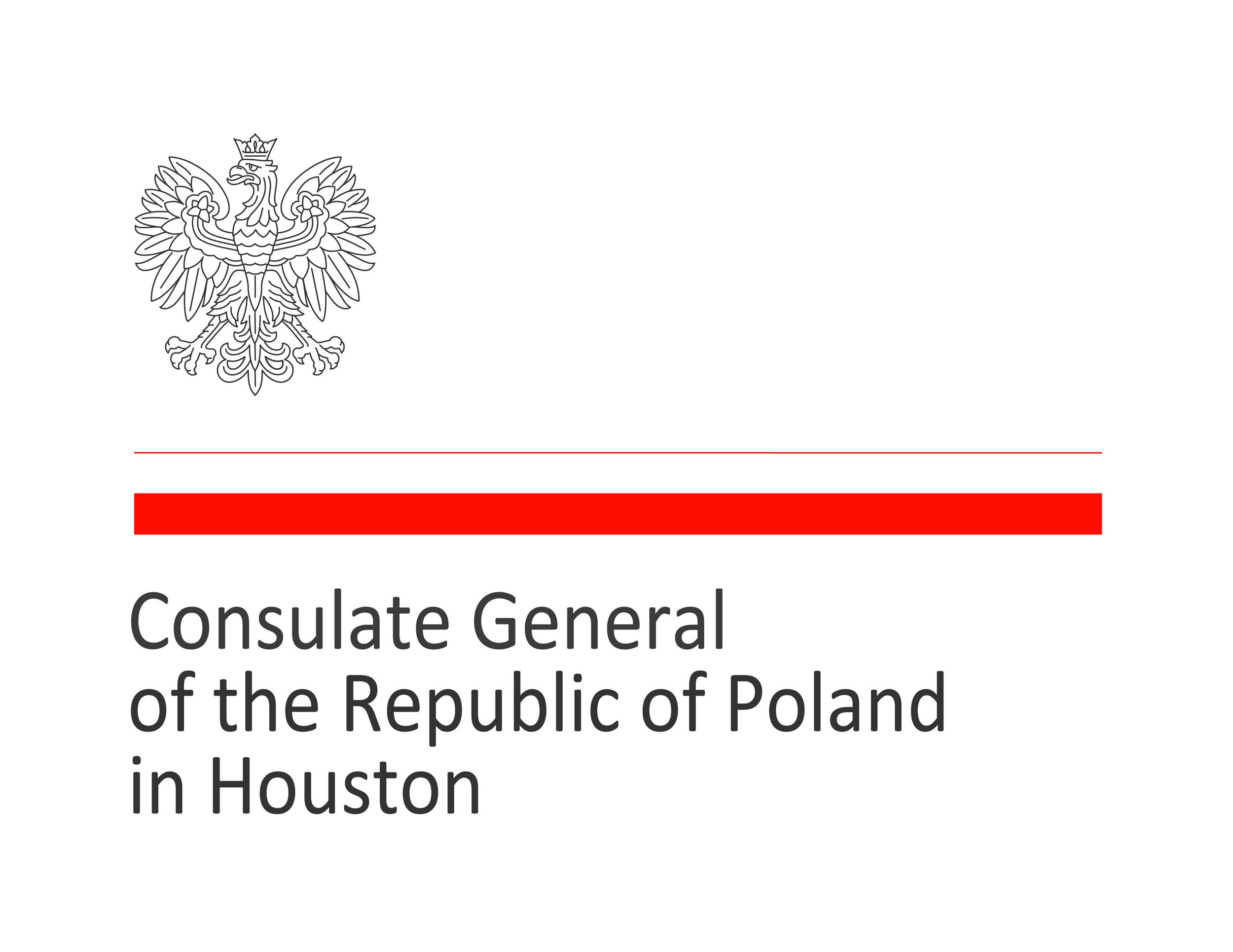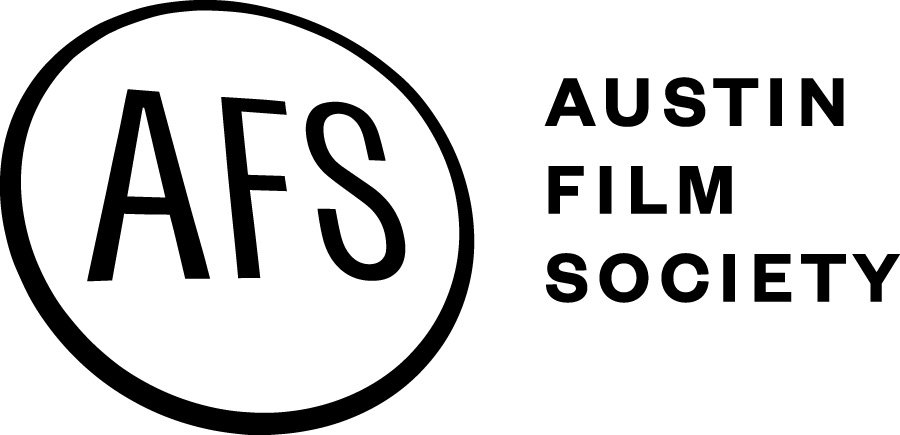Franz Kafka. A Prophet of Our Times.
/Idan Weiss as Franz Kafka in Agnieszka Holland’s film, photo: Marlene Film Production
Franz Kafka. A surname that became an adjective. The Kafkaesque world means one that is absurd, dark, without escape. A bureaucratic labyrinth in which a human being faces invisible power, guilt without cause, and fate without justification. Yet Kafka, although so deeply embedded in the collective imagination of the 20th and 21st centuries, was a surprisingly intimate, almost quiet writer. He wrote mostly at night, alone, in pauses between his duties as an insurance clerk in Prague. He wanted his works destroyed. He never imagined that his voice would become one of the most important in the history of literature.
Today Kafka is part of the global cultural canon — not because of loud grandeur, but thanks to the subtle, pulsing undercurrent of anxiety that he captured with extraordinary intuition.
A Man Under the Pressure of Existence
Franz Kafka was born in 1883 in multicultural Prague — a city where languages and cultures intersected: German, Czech, and Jewish. He wrote in German, though he grew up in a Czech environment, which from the outset placed him at the threshold of identities, belonging, and place. This inability to fully root himself, the inner split, and the constant sense of estrangement would later become a fundamental tone of his writing.
His relationship with his father — Hermann Kafka, a strict, domineering merchant full of expectations — was a source of deep suffering and the inspiration for one of his most important texts, Letter to His Father. In it, we encounter the drama of a crushed individual who cannot find a voice against overwhelming authority — a central motif that echoes through all of his prose.
Kafka is a writer of existential anxiety — but anxiety transformed into art, into precise, cool, almost surgical language.
Idan Weiss as Franz Kafka in Agnieszka Holland’s film, photo: Marlene Film Production
Worlds Without Exit
Although his body of work is not extensive in volume, each of Kafka’s texts has become a point of reference for generations of readers, philosophers, and artists.
His most important novels are:
“The Trial” (1925) — the story of Josef K., who is suddenly put on trial without being told the nature of his supposed crime. A multilayered metaphor for bureaucracy, alienation, and helplessness in the face of a faceless system.
“The Castle” (1926) — the tale of a man attempting to gain access to a mysterious authority — the Castle, whose doors never truly open.
“America” (1927) — a vision of the New World as a realm of chaos and loss of control.
To these one may add numerous short stories, among them “The Metamorphosis,” “In the Penal Colony,” “A Hunger Artist,” “The Judgment,” and “The Country Doctor” — works that complete his panorama of loneliness, fear, and the absurdity of everyday existence.
Kafka’s prose is clear, almost ascetic. His sentences are dense with meaning yet stripped of ornament. That starkness is precisely where the power lies — a pared-down form that reveals the essence: the vulnerable human being confronted with a world he cannot comprehend.
Idan Weiss as Franz Kafka in Agnieszka Holland’s film, photo: Marlene Film Production
The Culture of the 20th and 21st Century in Kafka’s Shadow
Kafka published little during his lifetime. His works were meant to be burned according to his will. They were saved by his friend Max Brod — against the author’s explicit wishes. It remains one of the most paradoxical “betrayals” in literary history, thanks to which the world came to know the work of the Prague visionary.
Today, Kafka’s influence is undeniable.
In literature — from Albert Camus to José Saramago.
In philosophy — from existentialism to Hannah Arendt’s reflections on totalitarianism.
In mass culture — in film, theatre, visual arts, and even contemporary video games.
What is most extraordinary, however, is how Kafkaesque our era has become:
Bureaucratic systems in which a clash with “the regulations” becomes a metaphysical experience.
A social sense of guilt and control — from media scrutiny to digital surveillance.
Difficulties in defining one’s identity in an age of migration and digital existence.
Fear of a seemingly rational world that brings with it absurdity and helplessness.
Kafka does not describe the past — he diagnoses the present.
Idan Weiss as Franz Kafka in Agnieszka Holland’s film, photo: Marlene Film Production
Why Is Franz Kafka Still Relevant Today?
Because Kafka did not offer answers. He offered questions — questions that remain with us:
What does it mean to be human in a world that cannot be fully understood?
Can guilt exist without wrongdoing?
Are we truly free — or only persuaded to believe we are?
His characters — nameless or identified only by an initial, trapped in an eternal state of waiting — are us. Inhabitants of a world that demands we understand its rules even though we cannot grasp them.
Franz Kafka died in 1924, at the age of only 40. A silent genius who did not believe in his own voice. And yet that voice still resonates today — in every search for meaning, in every confrontation with a system stronger than the individual, in every human fear before the infinite.
Prepared by Joanna Sokołowska-Gwizdka
20th Austin Polish Film Festival, Texas
As part of the 20th Austin Polish Film Festival, audiences will have the opportunity to see Franz, directed by Agnieszka Holland — Poland’s official submission for the Academy Awards — during the Closing Gala on November 9, 2025.
More information is available on our website:

















